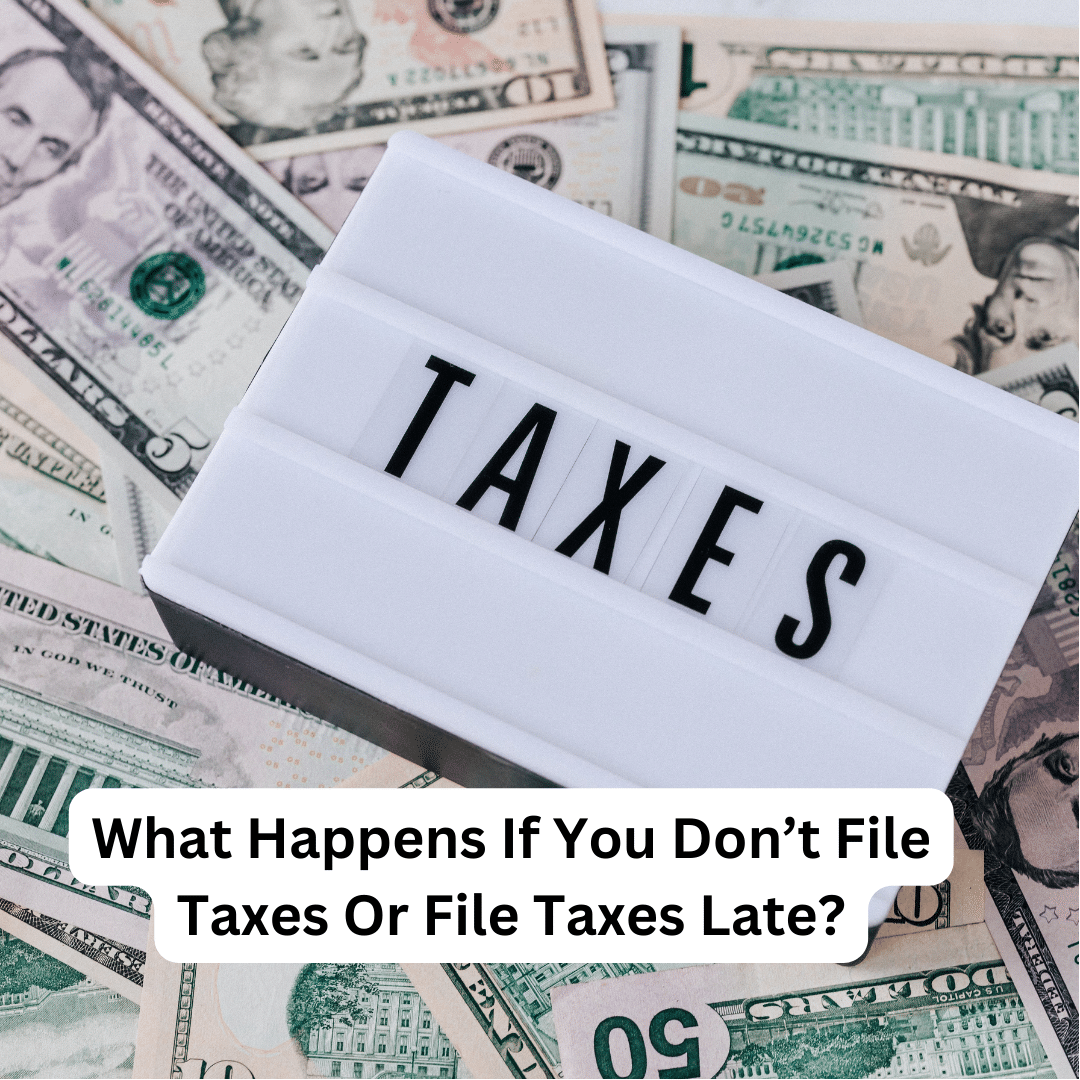What Happens If You Don’t File Taxes Or File Taxes Late?

If you owe taxes and you don’t file or you file late, the IRS and state tax revenues will most likely apply a penalty. These penalties are known as the late-filing penalty or the failure-to-file penalty. The penalty for not filing taxes is usually 5% of the tax owed for each month or part of a month the return is late. If your return is more than 60 days late, the minimum penalty for not filing taxes is $435 or the amount of tax owed, whichever is smaller. The maximum failure-to-file penalty is 25% of your tax bill. The IRS and state tax agencies recommend that taxpayers who have missed a filing deadline file as soon as possible. The sooner a taxpayer files and pays the less they may have to pay in fees and interest on their tax bill.
What happens if you file taxes late but don’t owe anything?
There is usually no failure-to-file penalty for the IRS if your tax return results in a refund. Keep in mind that you typically have just three years to claim that tax refund, though. However, rules regarding late filing and refunds can vary by state. Some states may impose penalties or have different deadlines for claiming refunds, so it’s important to check the specific rules for your state.
What happens if you don’t pay your taxes?
If you fail to pay your taxes, the IRS will issue a late-payment penalty. This penalty is not the same as the late-filing penalty. The late-payment penalty affects people who pay their taxes late. It is 0.5% of your unpaid taxes for each month your outstanding taxes are unpaid, plus interest. The late-filing penalty affects people who don’t turn in their Form 1040 and other important tax documents on time.
How long can you go without filing taxes?
Not filing your taxes is not a recommendation. While the government usually has just six years to charge you with criminal tax evasion, it has forever to collect the taxes you owe and assess penalties. In addition to the failure-to-file penalty, you are also at risk of the failure-to-pay penalty. On top of the failure-to-pay penalty, interest accrues on your unpaid taxes. If you fail to file but the IRS has some information needed to calculate your taxes, such as your W-2 form, you may be notified by mail that it has filed a return on your behalf. It won’t consider the tax credits, deductions or other tax breaks you may have taken if you’d done your taxes. You may be missing out on money you’re owed.
How Can I Settle My Tax Debt?
At CuraDebt Tax, we have a team of tax professionals who are able to find the best IRS resolution available to you. Contact us to better understand your tax problems and to choose the best IRS resolution option. CuraDebt has been helping individuals and small businesses for over 22 years nationwide. As of May 2023 CuraDebt received a score of 5 out of 5 on CustomerLobby for a total of 1179 customer views. CuraDebt is an Accredited Member of the American Fair Credit Council. Contact us for a free consultation. 1-877-999-0486. Take advantage of exploring another option for free. Not only do we handle tax relief, we also offer debt relief.
Do your research and explore: How To Choose The Best Tax Relief CompanyTake a look at some of our clients Tax Debt Relief Issues And Solutions!
